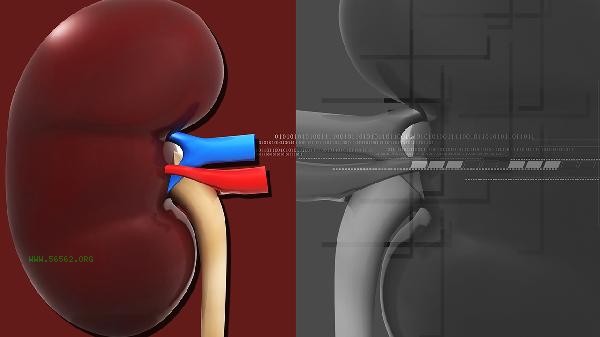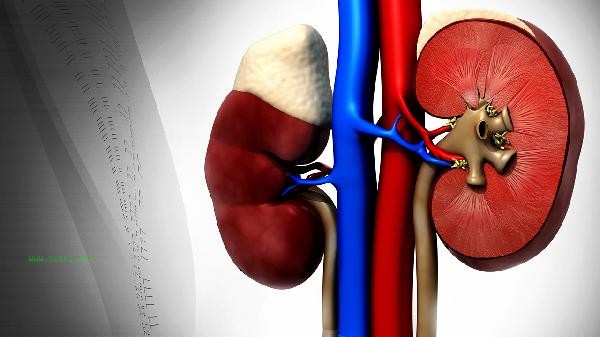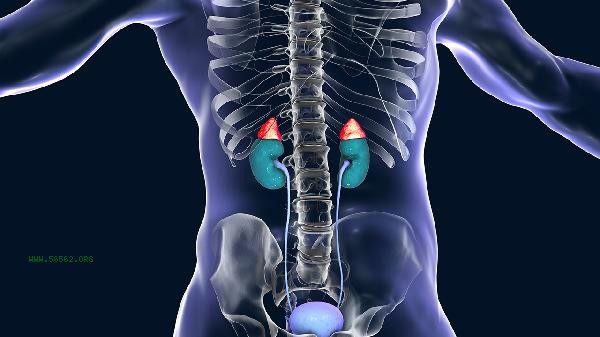Elevated creatinine and uric acid levels are usually caused by abnormal kidney function, high purine diet, metabolic disorders, drug side effects, dehydration, and other factors. abnormalities in these two indicators may indicate impaired renal excretion function or imbalance in purine metabolism in the body, and intervention should be based on specific causes.

1. Renal dysfunction:
The kidneys are the main excretory organs for creatinine and uric acid. A decrease in glomerular filtration rate can lead to creatinine accumulation, while dysfunction in tubular secretion affects uric acid excretion. Chronic kidney disease, glomerulonephritis, and other diseases can directly damage the renal excretion function, manifested as a synchronous increase in blood creatinine and uric acid. In the early stages, progression can be slowed down by limiting protein intake and controlling blood pressure and blood sugar. In the middle and late stages, drug intervention or dialysis treatment is needed.
2. High purine diet:
Long term intake of high purine foods such as animal organs, seafood, and concentrated meat soup can increase uric acid production. Excessive protein metabolism can also increase creatinine burden. The elevation of indicators caused by such dietary factors can be improved by adjusting the dietary structure. It is recommended to increase alkaline foods such as low-fat dairy products and fresh vegetables, and maintain a daily water intake of at least 2000 milliliters to promote excretion.
3. Metabolic disorder:

Patients with metabolic syndrome such as diabetes and obesity are often accompanied by insulin resistance, resulting in increased renal uric acid reabsorption. Meanwhile, high blood sugar levels can damage the glomerular basement membrane and affect creatinine filtration. These patients need to control their blood sugar and blood lipids synchronously, and weight loss can significantly improve uric acid and creatinine levels. 4. Drug effects: Diuretics such as hydrochlorothiazide and immunosuppressants such as cyclosporine may inhibit uric acid excretion or cause nephrotoxicity. Some antibiotics, such as gentamicin, can temporarily increase creatinine levels. During medication, regular monitoring of kidney function is necessary, and medication plans may be adjusted under the guidance of a doctor if necessary.
5. Dehydration state:
Fluid loss caused by intense exercise, high-temperature work, or diarrhea can cause blood concentration, leading to a false increase in creatinine and uric acid levels. Long term dehydration may also induce urate crystal deposition. Timely supplementation of electrolyte solution and avoidance of excessive sweating can effectively prevent it, and normal drinking water should be maintained before testing.
For cases of combined elevation of creatinine and uric acid, it is recommended to prioritize renal function testing and 24-hour urine protein quantification. Daily protein intake should be limited to less than 0.8 grams per kilogram of body weight, and alcohol and sugary drinks should be avoided. Regular aerobic exercise such as brisk walking and swimming can help improve metabolism, but vigorous exercise should be avoided to induce rhabdomyolysis. If creatinine continues to exceed 1.5 times the normal value or uric acid is higher than 540 μ mol/L, timely treatment in the nephrology department is necessary to rule out organic diseases. Regular monitoring of routine urine and renal ultrasound can detect early lesions, especially for high-risk groups with hypertension and diabetes, it is recommended to recheck every three months.










Comments (0)
Leave a Comment
No comments yet
Be the first to share your thoughts!